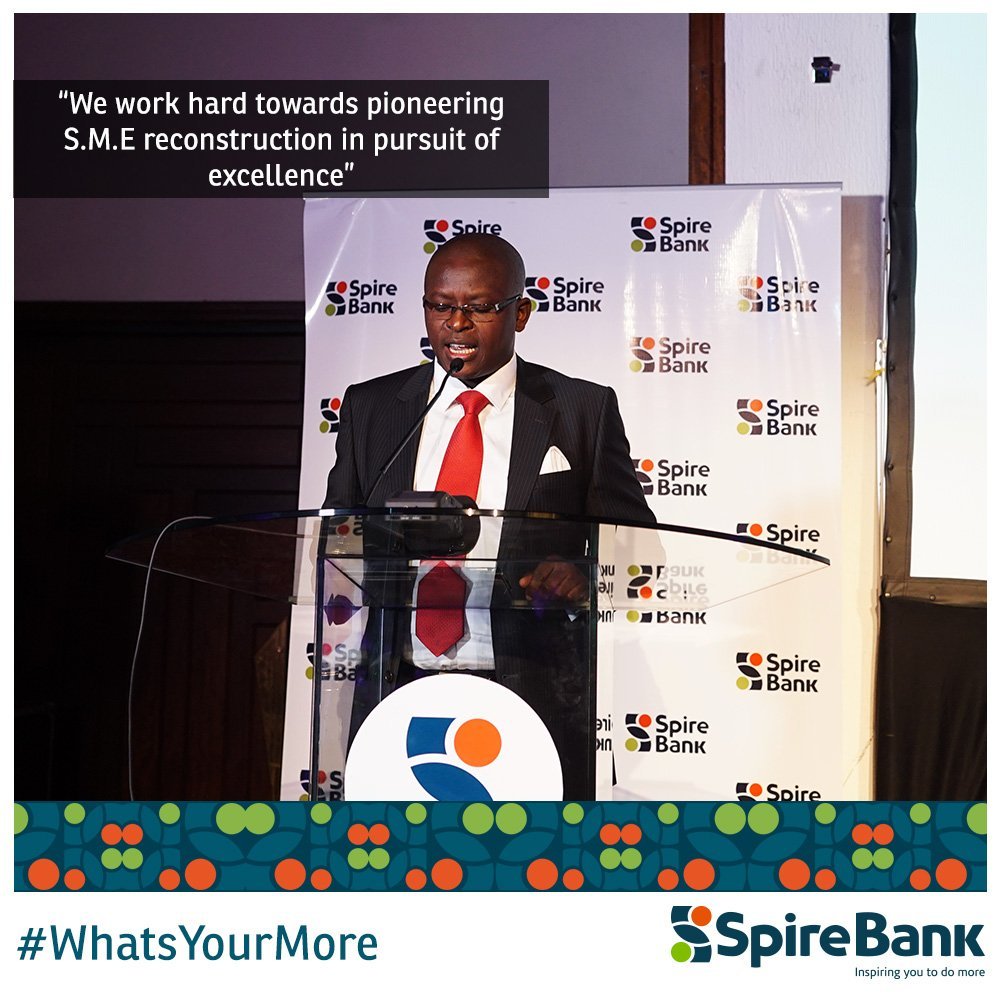Managing Finances For A Small Business
When an entrepreneur is starting off, he will tend to focus a lot on aspects of the business plan such as product development, strategy, and of course closing that first sale. Few people think about accounting and systems at the get go, and most entrepreneurs think about it when it’s too late, when the business is in financial trouble, and correcting the situation ends up being more costly (both in terms of time and money), that it would have been if they had put in place the necessary systems.
This post gives you tools on how to effectively manage your small business finances especially if you don’t have an accounting / finance background.
1. Ask for help early enough: The same way most of us struggle with personal finances, business finances can be a drag. To make matters worse, there are technical aspects of small business accounting such as taxes that could cost you your business if not handled properly from the beginning. Most accounting firms have specialized departments that assist small businesses with their accounting and tax issues, and often the fee is dependent on the quantity of work you have, consider bringing them on board especially at the set up stage. If you are short of funds, consider enlisting the services of an accountant friend, and in exchange give him a small stake in your business. It will pay off in the long run.
2. Keep it simple: Assuming that you have the tax aspects of your business taken care of as suggested above, there are things you can do day to day to reduce your accountant’s work, and save costs. Keep a simple Excel worksheet (or even a notebook) with a list of all the money you receive (showing date, where from, amount and other details), and the same of expenses incurred. Every evening or weekly depending on volumes, print the expenses list out, attach all the receipts relating to the list, and file it. Your accountant can then handle the reporting and tax aspects once a month.
3. Separate personal and business funds: No matter how small your business is, ensure that it has its own bank account, separate from your personal bank account. Chris Bibey writing for Get Rich Slowly advocates for this because by keeping your personal money separate from your business, you can continue to live in the same manner as always. The only change will be funding your personal accounts from your business as opposed to a paycheck from an employer.
4. Understand your obligations: Most people automatically go for a company when they start out in business, but few understand the obligations a company has under law. For example, if you incorporate a company, you must have an annual audit done, and your tax returns signed and filed by a qualified accountant. If you do register for VAT, you must file NIL returns even on months when you don’t make a sale. If you have employees (even if you are the only one), you must be registered as an employer for Pay As You Earn tax, NHIF and NSSF, and you must remit returns every month. Should you choose to go the sole proprietorship way, you must account for the business income as you account for your other personal income.
If you have outsourced your accounting function, resist the temptation to leave everything to the accountant, familiarize yourself with basic accounting and record keeping, to better understand how your business is doing finance wise. There are numerous resources for this.
Understanding these obligations and fulfilling them from the first day will not only save you tax man headache, it will ensure that you have the necessary information to gauge how well your business is doing from the first day.




2 Comments